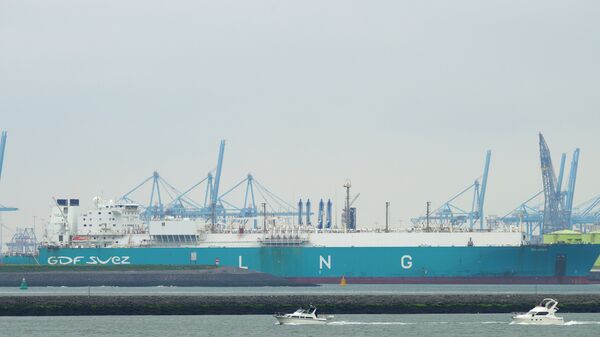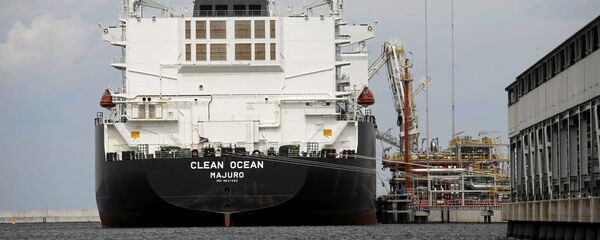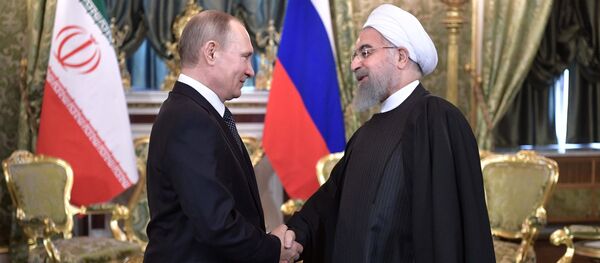Radio Sputnik discussed the legislation introduced by the US senators with Gerhard Mangott, professor of political science at the University of Innsbruck.
Sputnik: What are your thoughts on this proposal?
Gerhard Mangott: I think this legal initiative by two senators from both the Republican and the Democratic Party rests on a false premise, namely that Europe is in a stranglehold of Russia, Europe is a captive of Russia because of its dependence on Russian energy. Yes, it's true; Russia is the major supplier of natural gas to Europe; about 34% of all gas imports by the EU are of Russian origin.
READ MORE: US LNG Cannot Compete Under Any Circumstances With Russia's Piped Gas — Prof
Sputnik: Do you think that overall this choice to work with Russia by the European Union is based on a free market and just the attractiveness of pricing and other features of Russian gas?
Gerhard Mangott: The EU gas market has changed a lot over the past decade and also the role that Gazprom can play on the European gas market has changed a lot, concerning the length of its contracts or the prices it can ask for its gas and some other features of the previous energy contracts that Gazprom has signed with European gas companies. Today, the price that Gazprom can ask for its gas is almost close to a free market price that is established on spot markets in Western Europe. \
Sputnik: Part of this proposal would see $1 billion invested into Eastern and Central European energy infrastructure; is that a lot of money? Where do you see that going? Could it actually change the balance of supply?
Gerhard Mangott: No, it's a ridiculously small amount of money. This $1 billion is for a period of four years, for the fiscal years 2019-2023, it's about $250 million each year. What can you do in energy infrastructure with such a small sum of money? It might be meant just as a small financial support for European countries' investment in pipelines interconnectors, reverse flow capacity and the building of terminals to receive LNG (liquefied natural gas) from the US.
READ MORE: EU Energy System to Collapse if US Sanctions Affect Russian Companies — BP Head
The first is to weaken Russia, because if Russia's position on the EU gas market is diminished, then the revenue for Russia will be lower; and the revenue from gas and oil exports is very significant for the Russian budget. The second objective of the law is to make Europeans more dependent on US LNG, which, at the moment at least, will be much more expensive than pipeline gas from Russia's Gazprom.
Sputnik: How interesting is it for either the European private sector or for the European governments to actually invest in creating infrastructure to support LNG imports from the US?
Sputnik: This bill, if passed, will actually authorize the US government to support private sector investment in energy projects. Do you think that there are US companies that would find it attractive or financially interesting to create energy projects or infrastructure in Central and Eastern Europe?
Gerhard Mangott: Certainly US companies, which are eager to export LNG from the US to countries abroad, will have an interest in investing in European infrastructure. However, not a very massive amount of interest, because LNG, compared to pipeline gas, has one big advantage — it can be sold all over the world; it can be transferred to any coastal nation on the globe.
READ MORE: India Mulls Ditching Dollar in Oil Trade With Russia, Iran, Venezuela — Reports
At the moment, the prices for LNG are much higher in East and Southeast Asia than in Europe. So, why should the US companies sell their gas at a lower price to the Europeans, and why should the Europeans buy this US LNG for a higher price than Russian pipeline gas?
The views expressed in this article are solely those of Gerhard Mangott and do not necessarily reflect the official position of Sputnik.





